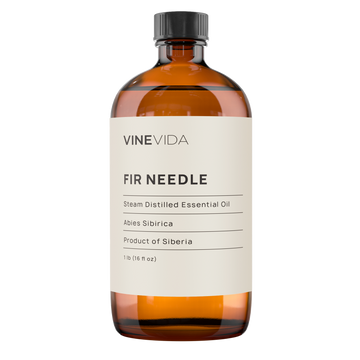Scientific Name: Rosmarinus Officinalis L
Origin: Spain
Plant Part: Leaves
Scent: Fresh, Sweet, Herbaceous, Medicinal
Color: Clear
Consistency: Thin
Perfumery Note: Top - Middle
Initial Aroma Strength: Medium Strong
Extraction Method: Steam Distilled
Rosemary Essential Oil: Uses, Benefits, and Blends
The sweet smell of Rosemary may make you feel like you’ve been transported to Italy, but this herb is good for more than just cooking. Rosemary Essential Oil with cineole is believed to help aid symptoms of cold and flu, including coughing and congestion. This oil is also reputed to help promote hair growth, improve concentration, and decrease stress. For all your wholesale requirements, VINEVIDA also offers competitive pricing on bulk Essential Oils.
Rosemary is native to the Mediterranean and Asia, but, being relatively hardy it now grows in many other regions. Belonging to the Lamiaceae family—or, the mint family, as it is more commonly known—Rosemary can be invasive due to the ease with which it grows. While difficult to start from seed, the shrub can withstand low temperatures and drought and can grow quickly once taking root.
In addition to being a famous cooking herb, Rosemary has many other uses. Its aroma is strong and fragrant, making it a common ingredient in incense and other fragrances. You can find rosemary oil in cosmetics, cleaning products, and even candles. Rosemary is very popular for its medicinal benefits and is a favorite in the practice of Aromatherapy.
Rosemary Essential Oil Benefits: Component Breakdown
- 1,8-Cineole: Cineol, a common monoterpene, is also referred to by the name Eucalyptol. It is an ingredient in many over-the-counter cough suppressants, as well as mouthwashes. This is due to its anti-inflammatory properties. 1,8-Cineole contributes a lot to the Rosemary Essential Oil benefits.
- Camphor: A common terpene, camphor is famed for its ability to help aid cough and congestion. Camphor is both an antifungal and an antibacterial and is found in many ointments and creams. There are some indications that camphor may be able to increase collagen production, which explains its presence in many anti-aging products. Another component that plays a huge part in Rosemary Essential Oil benefits.
- a-Pinene: a-Pinene is a clear and colorless terpene, with a strong turpentine scent. It is a plant metabolite and a common solvent.
- b-Pinene: Another plant metabolite, b-pinene is a component in many essential oils. It is a colorless liquid with a resinous aroma. In addition to being one of the major compounds given off by forest trees, you will also find b-pinene in many fragrances.
- Caryophyllene: An organic sesquiterpene found in the essence of many plants. Caryophyllene is very aromatic, with a scent reminiscent of Black Pepper. It is a common food flavoring.
Rosemary Essential Oil Uses: For Wholesale Purposes
Aromatherapy
According to statistics from the American Institute of Stress, 77% of people in the USA find their physical health impacted by stress. Another 73% of people are affected mentally. Common causes of stress include finances, the economy, personal relationships, and problems relating to personal or family health.
Treatment options for chronic stress and anxiety often include a combination of mental health counseling and prescription medication. These medications can be costly, both financially and tangibly. They are often highly addictive, and many people are unable to stop taking them without severe withdrawal symptoms. They are also overprescribed, leading to common abuse.
A natural alternative to prescription medication is Aromatherapy. Recently, more medical professionals are moving towards suggesting Aromatherapy as a treatment for stress and anxiety. Aromatherapy works by stimulating scent receptors in the brain. These receptors then trigger behavioral and emotional responses. Though research on Aromatherapy is limited, what is available is promising. Furthermore, extensive anecdotal evidence indicates that many people find Aromatherapy effective in lowering feelings of stress, anxiety, and depression.
Studies looking at Rosemary Oil, in particular, found students exposed to the scent of Rosemary before tests had a decrease in stress levels. Furthermore, another study looking at the effects of Rosemary Oil on mental clarity found that students who underwent Rosemary Oil Aromatherapy did better than their counterparts on exams.
Candle Making
Rosemary’s festive fragrance is very popular around the holiday season, making it the perfect addition to candles. Though Rosemary smells amazing at any time during the year, there’s something about that fresh, fir-reminiscent aroma that brings to mind Christmas trees and homemade wreaths. If you’re interested in making your own, non-toxic candles at home, check out our blog post on candle making for all the tips and tricks. As a bonus, they make great gifts!
Soap Making
 Soapmaking is one of the most significant Rosemary Essential Oil uses. In addition to candles, Rosemary can also be incorporated into soaps. Its antibacterial properties will help combat germs, and you can get creative with different soap molds and decorations for a little bit of added flair. Rosemary’s scent is a favorite, and it combines well with many other oils.
Soapmaking is one of the most significant Rosemary Essential Oil uses. In addition to candles, Rosemary can also be incorporated into soaps. Its antibacterial properties will help combat germs, and you can get creative with different soap molds and decorations for a little bit of added flair. Rosemary’s scent is a favorite, and it combines well with many other oils.
What Blends Well with Rosemary Essential Oil?
This particular essence of Rosemary contains a high level of cineole. As you now know, cineole is a popular additive in many over-the-counter medications that treat symptoms of colds or influenza.
Add a few drops each of Rosemary Oil, Eucalyptus Oil, Oregano Oil, and Peppermint Oil to a hot bowl of steaming water. Use a towel to create a tent over your head, and gently inhale the steam to help ease cough and congestion.
Is Rosemary Oil Safe to Use Around Pets?
One of the latest trends is using Essential Oils to treat pets. If you do choose to use Rosemary Essential Oil around your pet, the safest way is via a passive diffuser such as reeds or jewelry. This way the aroma won’t be overwhelming to your four-legged family member, and it will help prevent accidental ingestion.
Due to the potency of essential oils, you should be careful to never let your pet ingest them. Using an active diffuser sends particles of infused liquid into the air, which can then land on your pet’s fur. Pets often lick to groom themselves and can become sick from these particles. If you plan to use Rosemary Oil as an insect deterrent make sure you dilute it appropriately and apply it somewhere your dog or cat will be unable to reach it.
Precautions
The ingestion of essential oils is never advisable. This is due to their extreme potency. If you wish to use Rosemary Oil topically, you should dilute it with a Carrier Oil first. You may also add it to products such as lotions, shampoos, and conditioners. It is best to avoid Rosemary Oil if you are pregnant, or if you suffer from high blood pressure or seizures.
Flash Point
52 °C
Conclusion
Prized for both flavor and fragrance, Rosemary Essential Oil is a favorite of many Aromatherapists. Studies indicate the inhalation of Aromatherapy can help with the reduction of stress, depression, and anxiety, as well as improving cognitive function. You can use Rosemary Oil in a variety of ways, including diffusion, topical use, and by adding it to products. Remember that essential oils are very potent, so a little bit can go a long way.

- Reviews
- Questions

Perfect!
Rosemary (Cineole)Essential Oil - smell fresh. This can be used for everything. I will be using this for aromatherapy. When mopping the house will smell like Rosemary (Add as little or as much as you want the smell of rosemary will be there). Rosemary can also have antimicrobial properties. Great purchase.
Fresh Rosemary scent
I just love the fresh scent of Rosemary, your company nailed it! Excellent in my soaps!
Great
So nice to find bulk size essential oils. Arrived promptly and smells great!
You may also like
Recently viewed

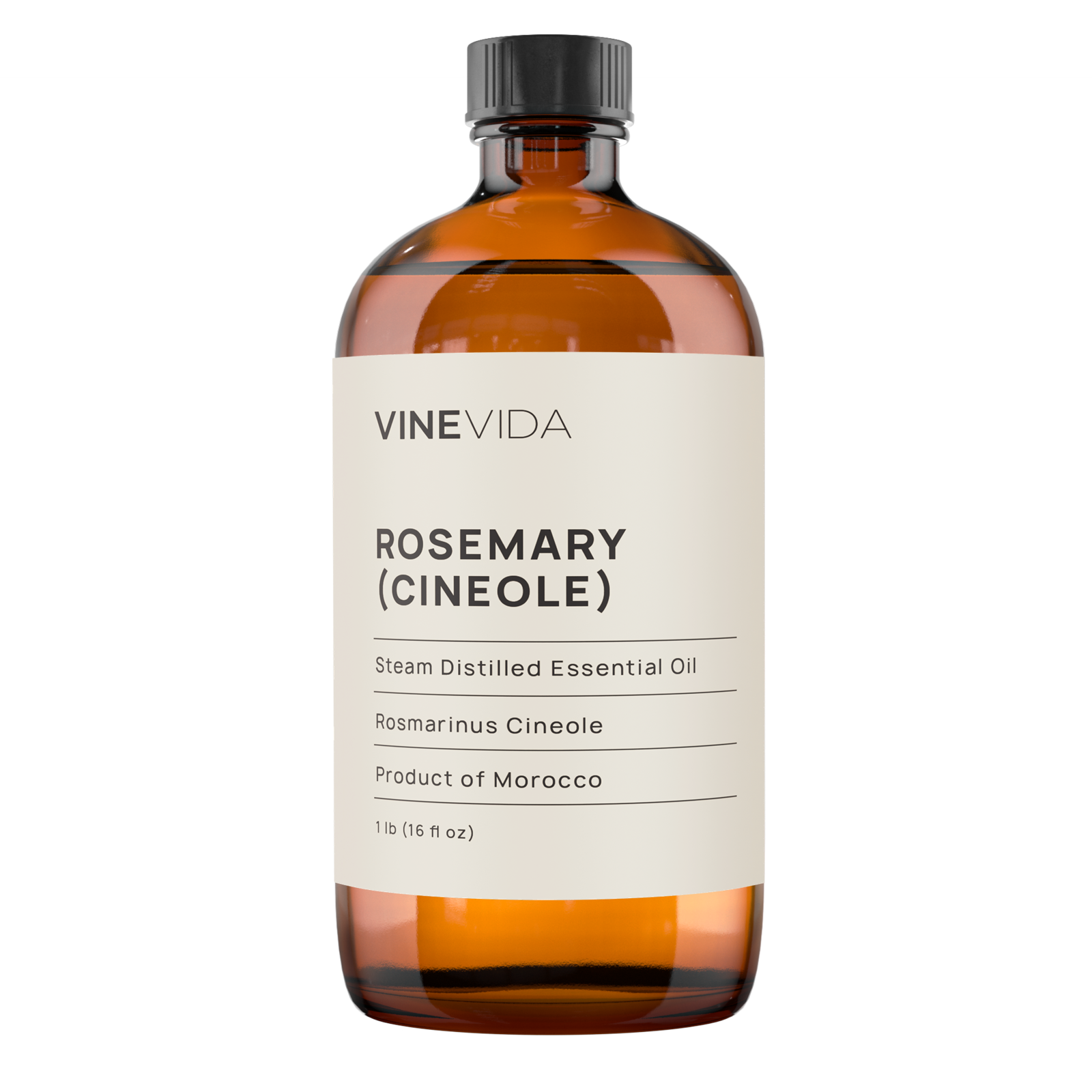
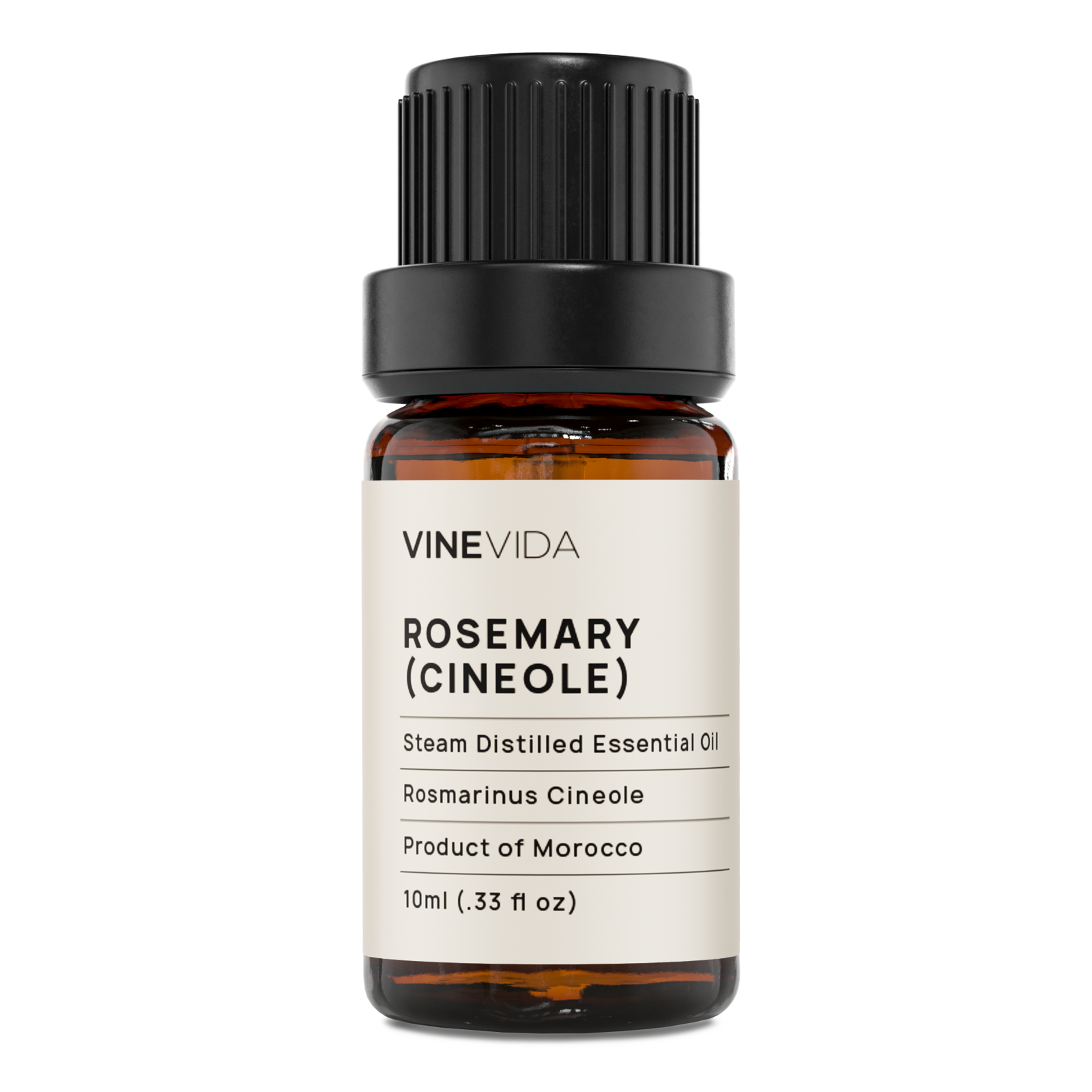
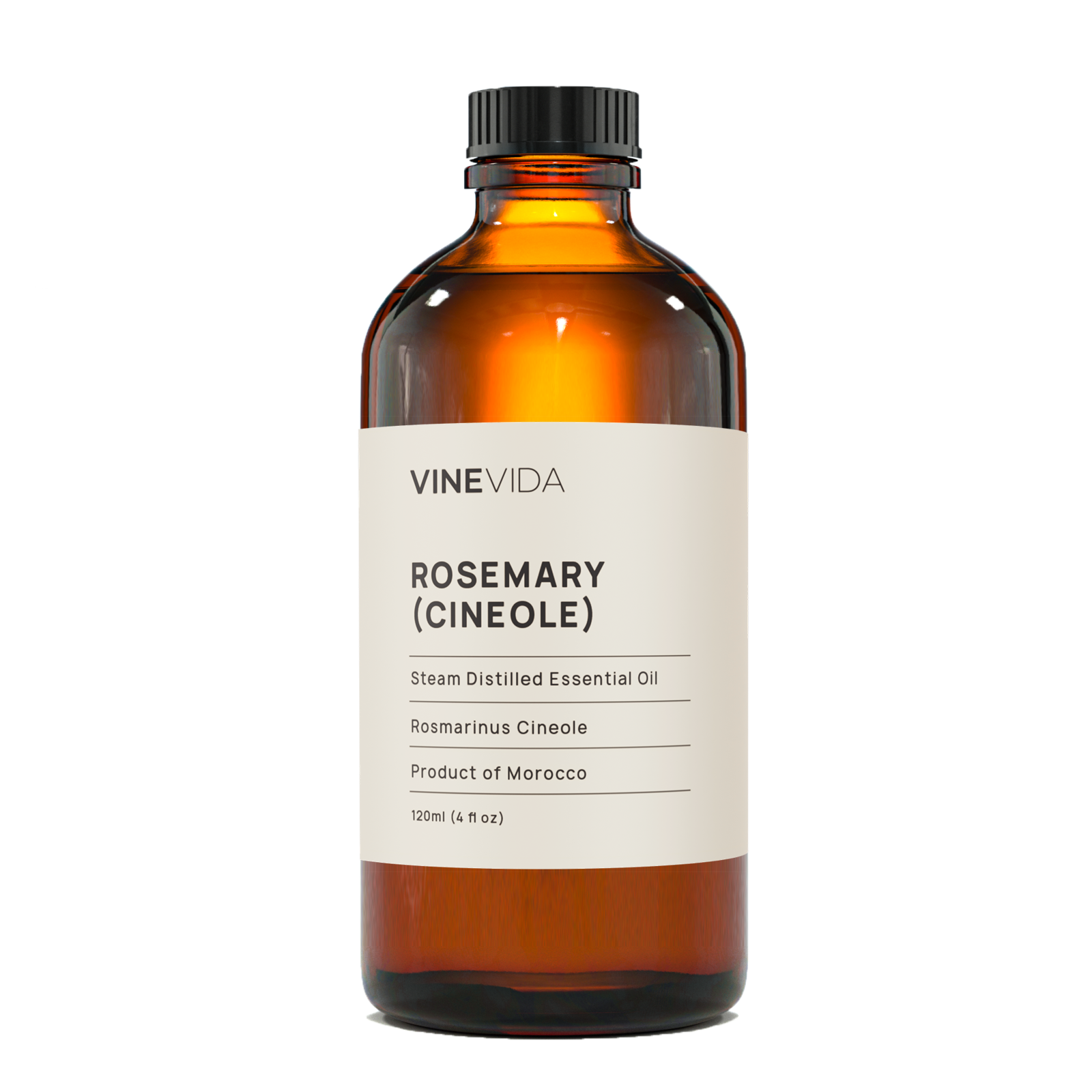
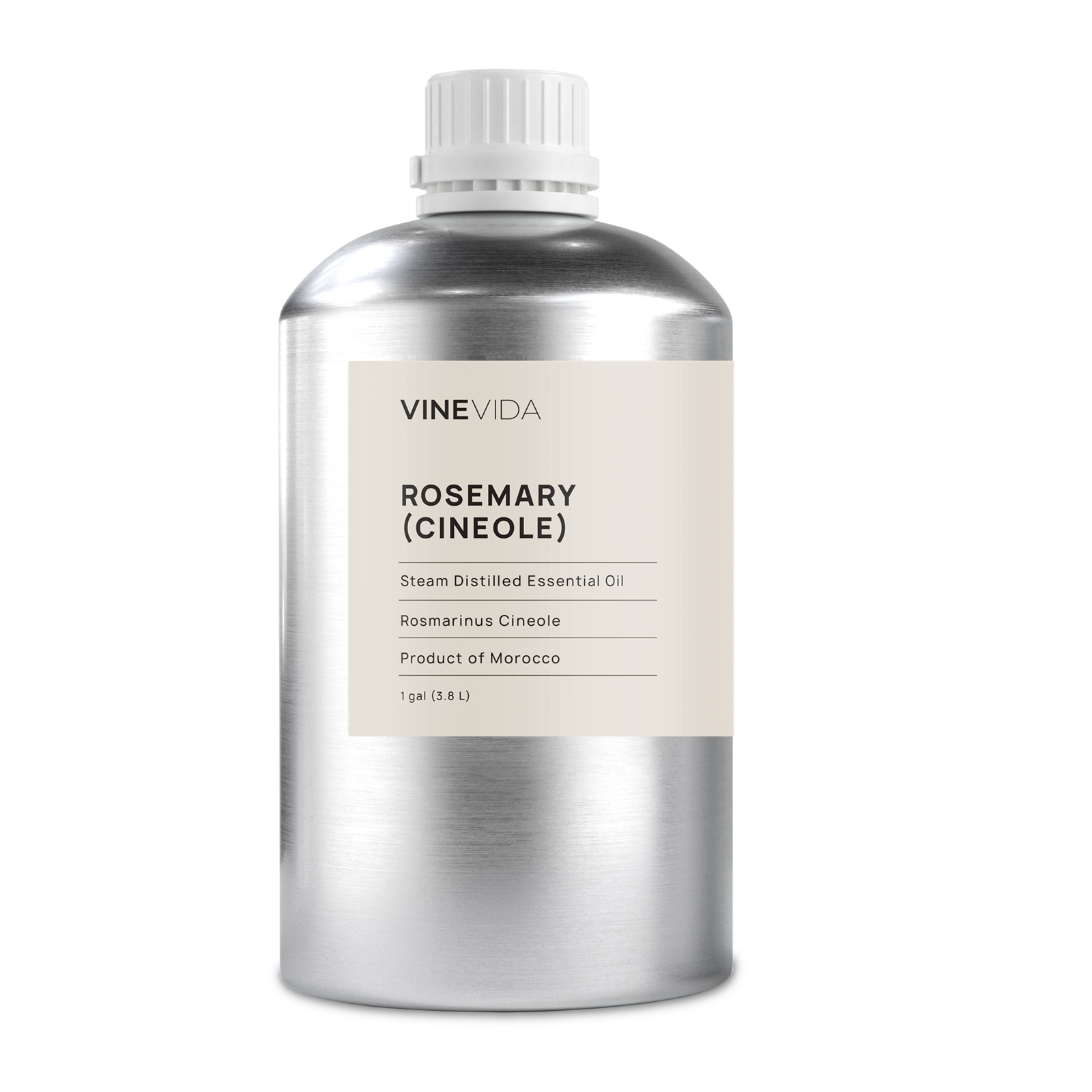
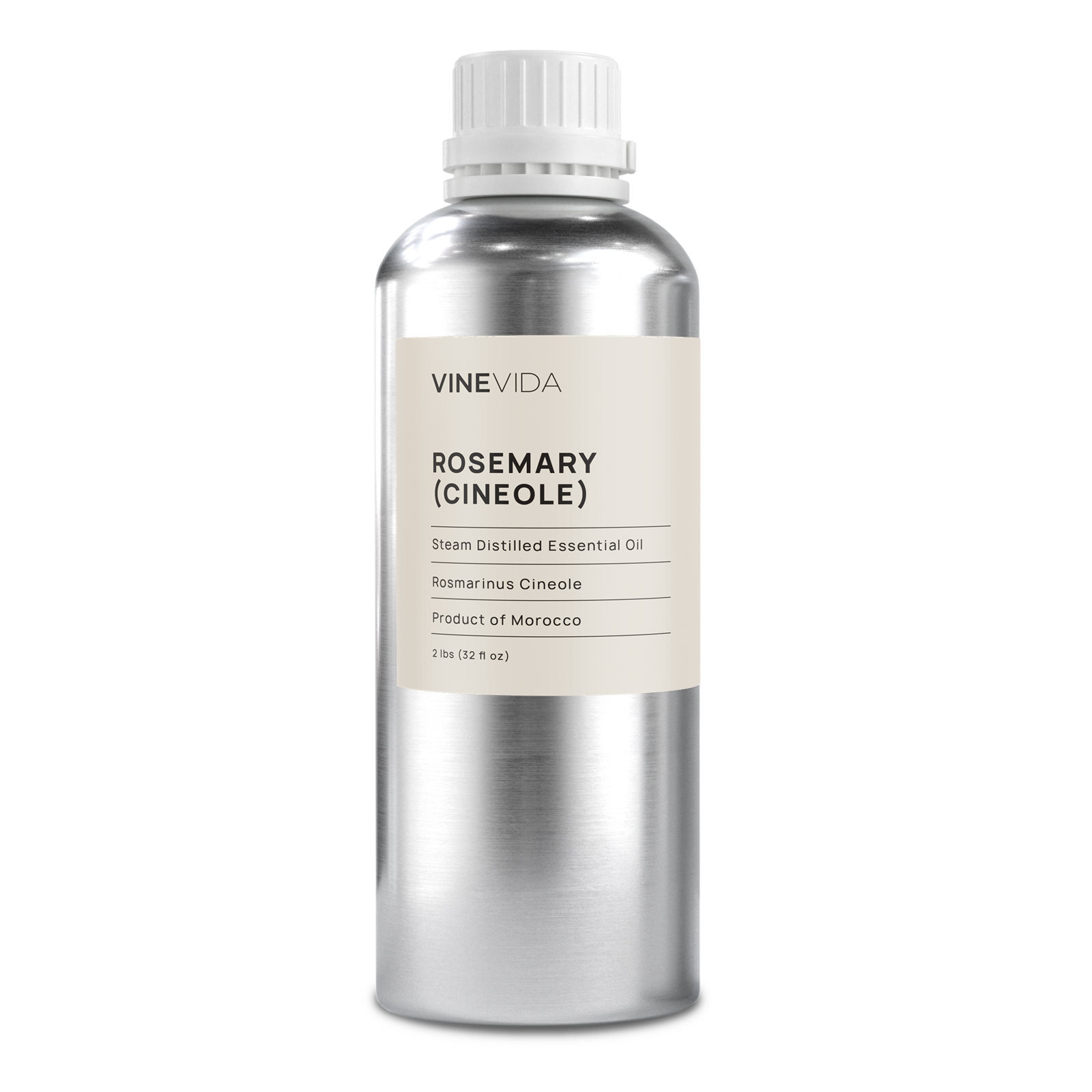
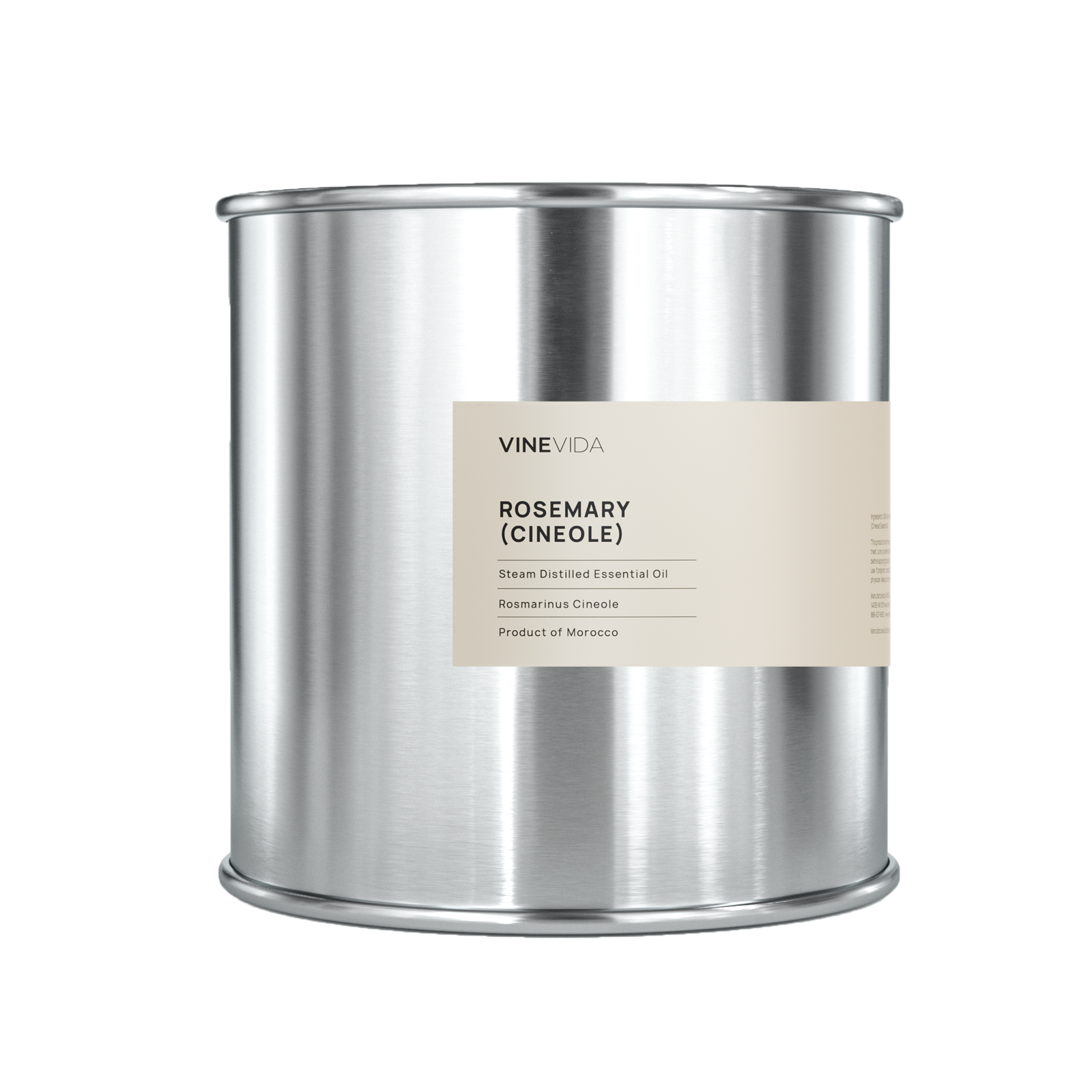
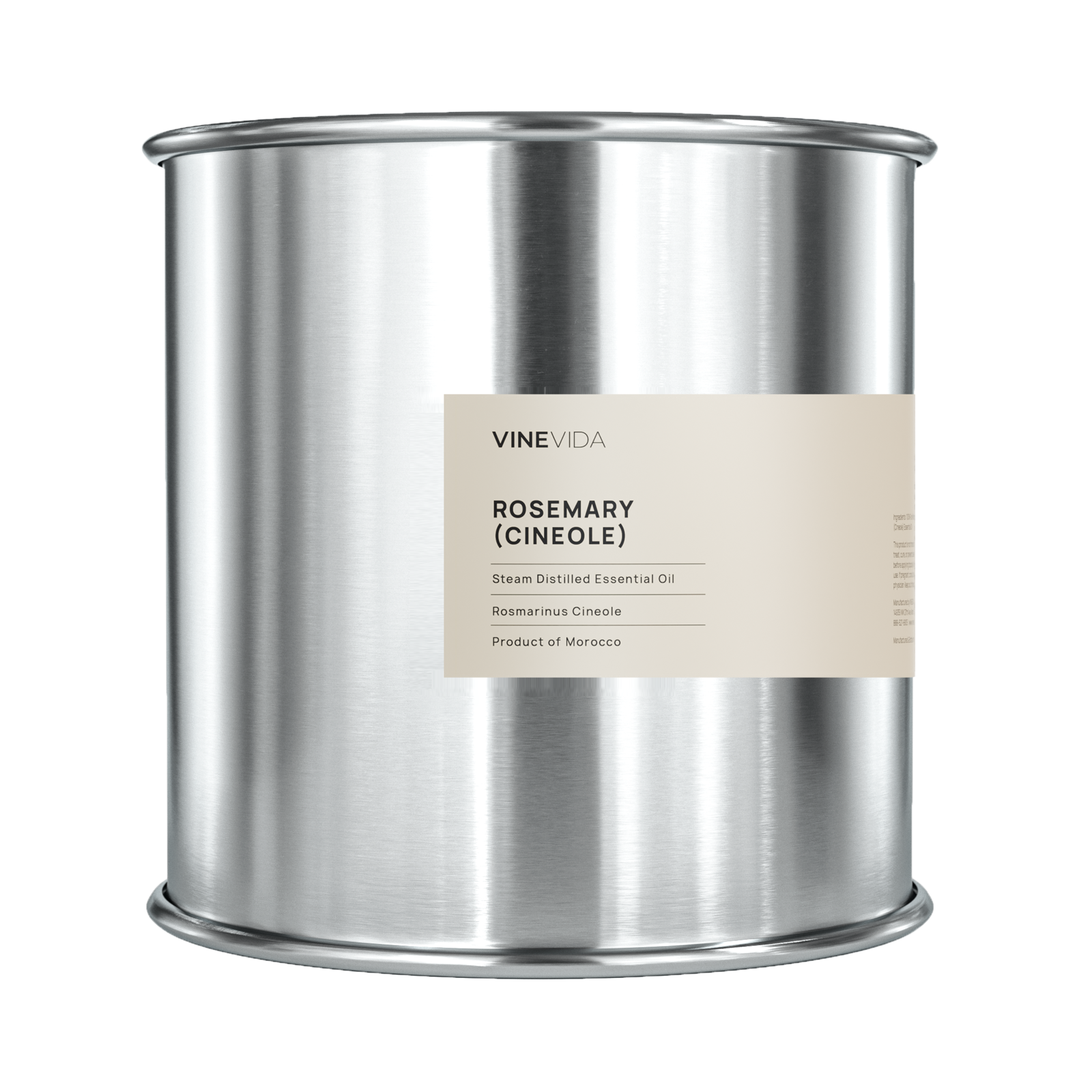
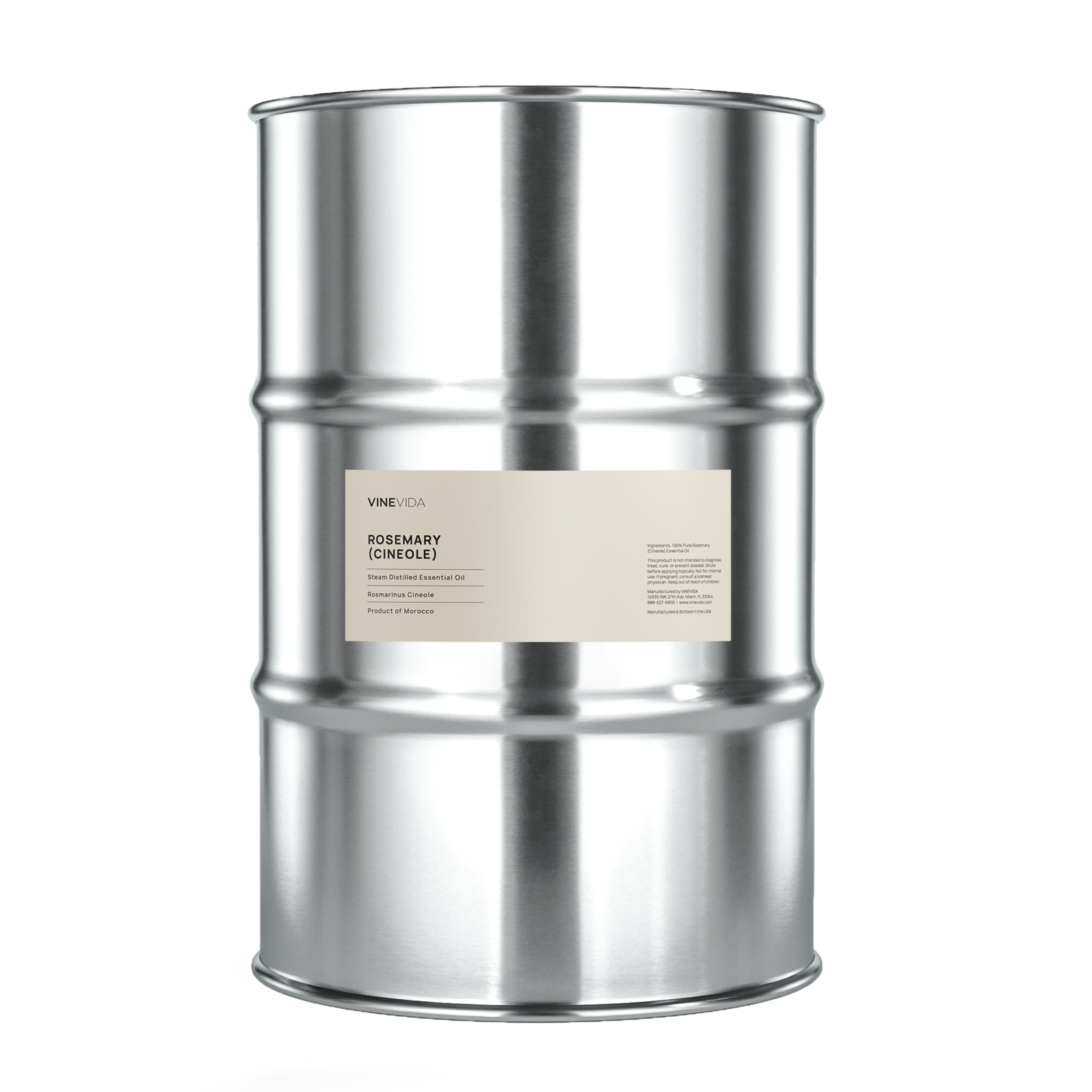





 Safety Data Sheet
Safety Data Sheet

















